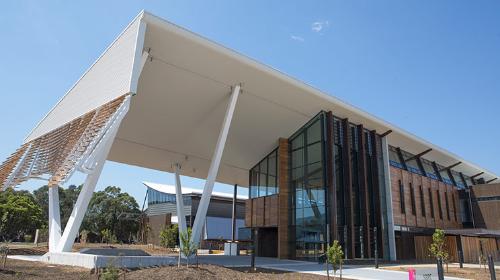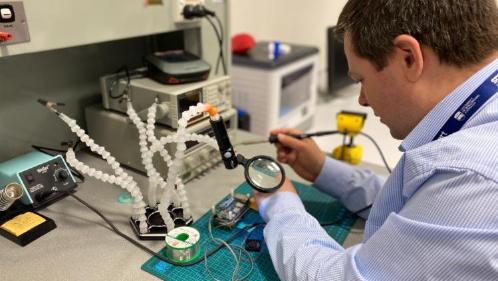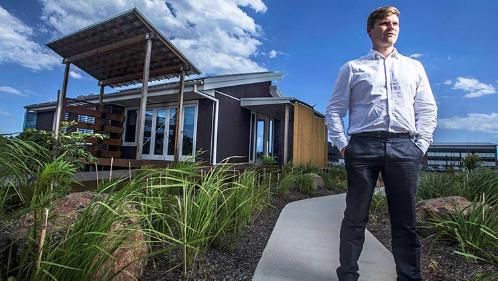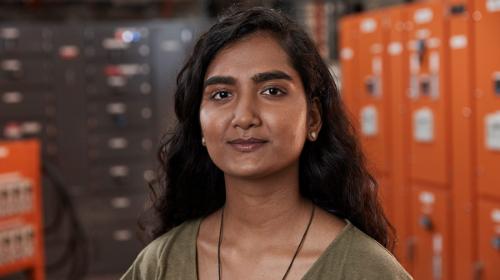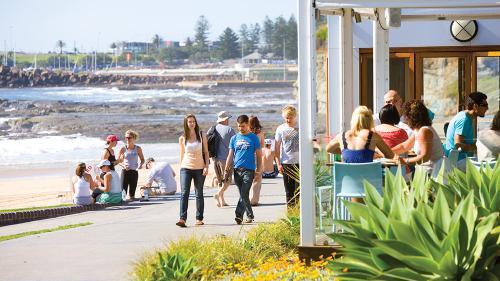[Dr Edwards] I love teaching and I teach a lot of first-year and I really love to see students in their first session of their first year at university and just see that transition from a high school student to you know an undergraduate and managing and progressing through their degree.
[Laura] You know in high school it's a lot of just do the working out solve the problem there's always an answer and then you get to uni and there's not always an answer but I think in the long run that actually sort of pulled me even further into it.
[Dr Edwards] So students have opportunity for industry placements through internships and summer scholarships it gives them opportunity to see how industries or organizations work it gives them an opportunity to see how their skills translate into a sort of a workplace.
[Laura] I have worked with Geoscience Australia I worked with them for six months a few years ago and honestly, that was so invaluable I really really appreciated that opportunity you know especially just to see how people work outside the uni and how you can apply the skills that you've been learning to these real-world problems and get real results.
[Dr Edwards] So all students who are going into a mathematics degree complete a first-year subject that really works on their transferable skills so do group projects they're looking at research presentation organising themselves managing a team you know having team contracts and just having a taste of what it's like to be independent and produce a body of work at the end.
[Laura] I think one of the biggest skills that I've taken away from the degrees is learning how to communicate an idea very clearly through my writing especially with maths you always have to be so careful about your definitions and how you state everything and I think I've really refined that skill.
[Dr Edwards] I think most students choose to study maths and statistics at university because they have a love of mathematics from high school but often they don't really know what that's going to mean when they get to uni but along the way because they do a range of subjects core subjects they gravitate to the area that most attracts them.
[Laura] So when I finish I think that I'd really enjoy a job maybe statistical consulting or something along those lines where I'm not quite sure exactly what's going to e thrown at me every day I'd really enjoy the challenge of doing something slightly different.
[Dr Edwards] You see students develop as they go along you see them gain confidence in their skills and then at the end of their degrees you see them go into such a range of industries either some of them go on to do more research some of them go out into organisations and you just see the confidence that they gain throughout the degree you.



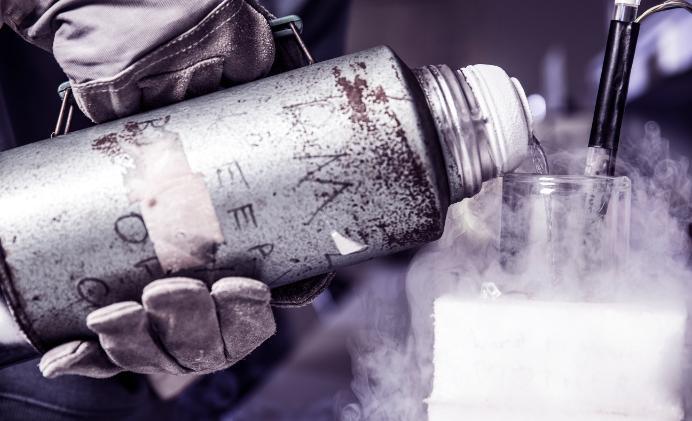
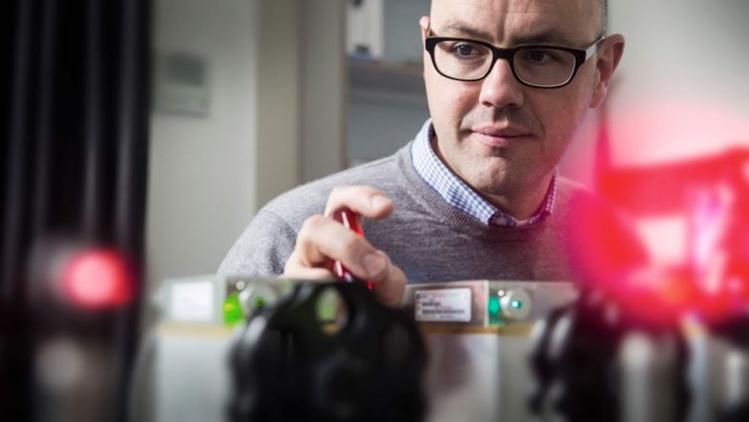
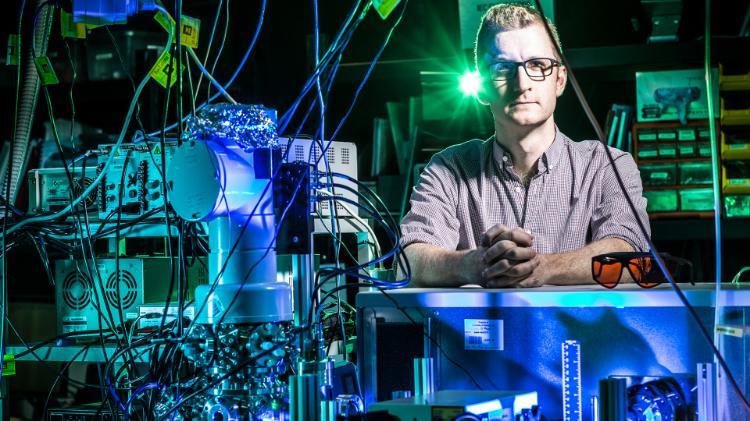
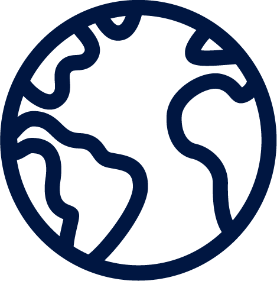
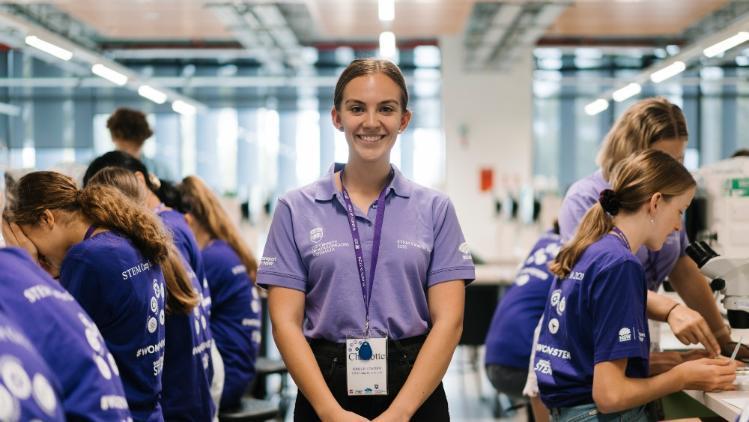 Women in STEM
Women in STEM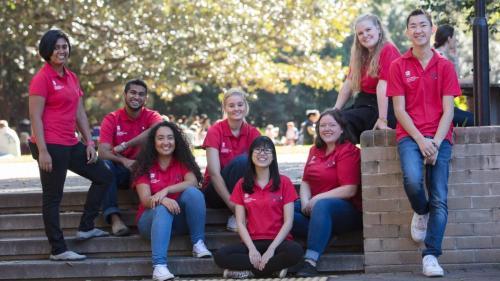 Be extraordinary
Be extraordinary